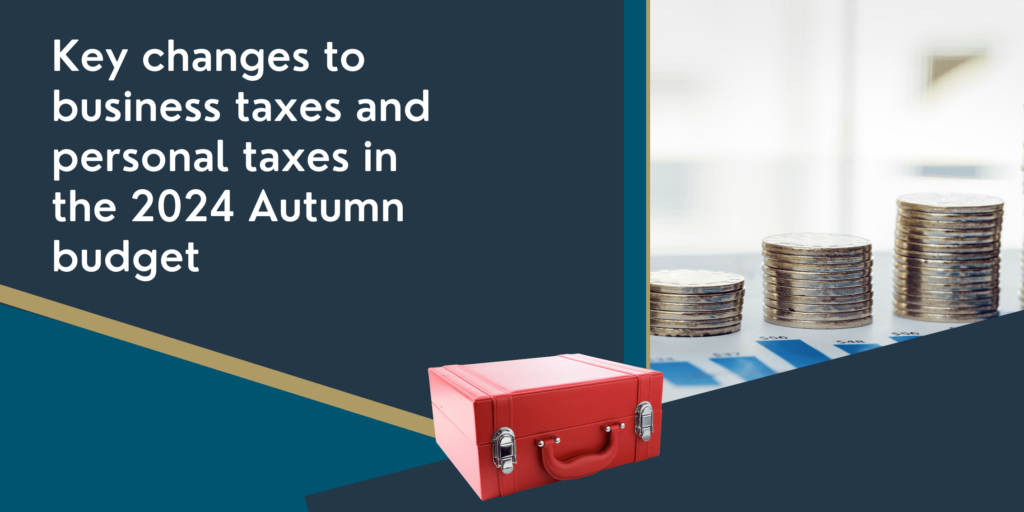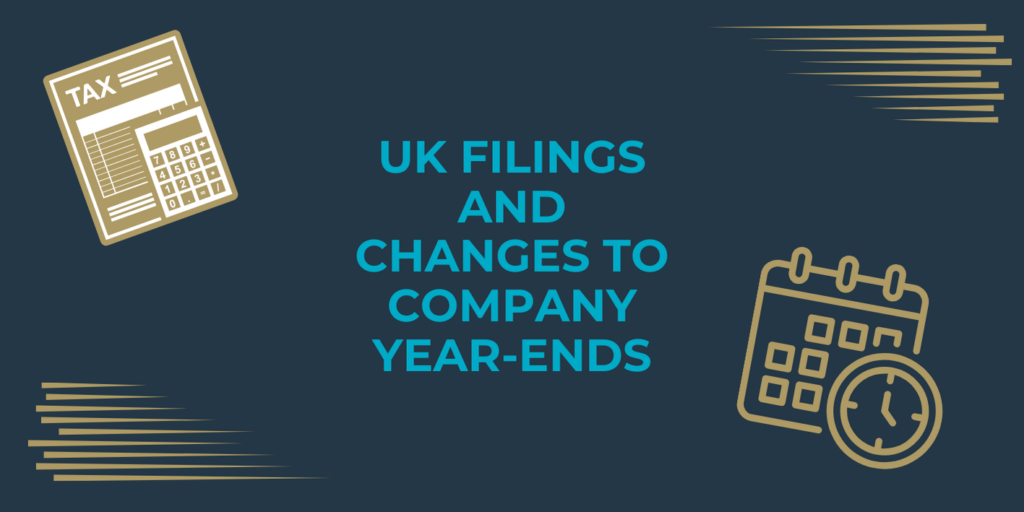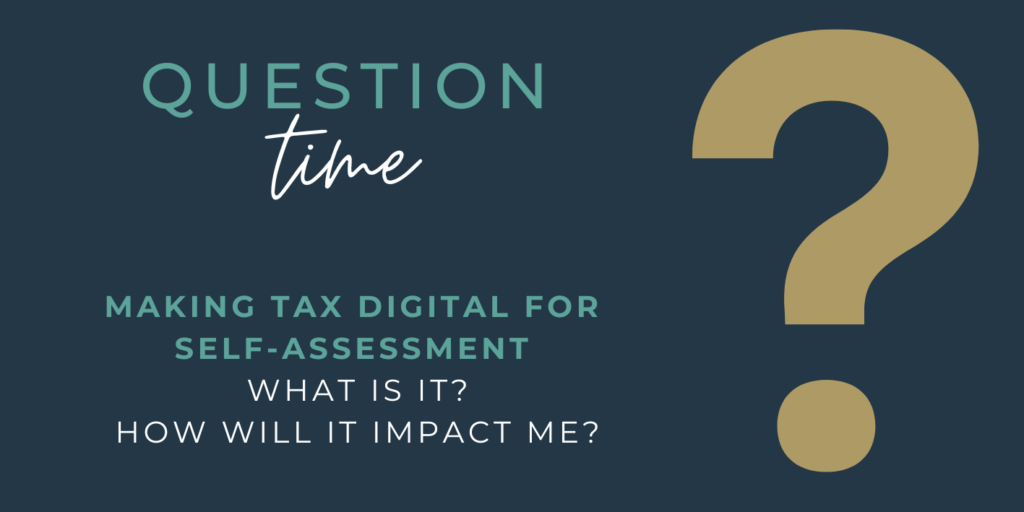Love and Marriage (and the tax implications)
As the song says, they go together like a horse and carriage, but what does this have to do with accountancy and why on earth am I writing a blog about it?
Well, for those reading this that don’t know, I am getting married next week, so in true romantic style I thought I would write about some of the tax implications of marriage.
Now whilst I have never been asked by a client whether they should get married for tax purposes, I do get asked how their new status will affect them as there is a common perception that there are some tax breaks with marriage.
The good news is that there are some tax advantages to marriage, but please don’t all go rushing out and get married on the back of this!
The first break was only introduced in April this year and allows one spouse to transfer part of their personal allowance to the other. This can only be done if one person earns less than £10,600 and the other spouse is a basic rate tax payer, so it will only be of use in limited circumstances.
In cases where it can be used, you can transfer up to £1,060 of your personal allowance, so the total tax saving is £212 (word of caution here, the average cost of a wedding in the UK is now £21,000, so you would need to be married for 99 years for this to pay for itself!)
The second tax break is the ability for married couples to transfer assets between themselves without triggering a capital gains tax liability. This can be useful from a purely practical point of view as you may wish to rearrange who owns what after getting married, but also presents an opportunity to pass income generating assets to the spouse who pays tax at the lower marginal rate of tax. Also, if you are intending on selling an asset which will give rise to a capital gain, it may be possible to first transfer part of this asset to your spouse so that you can utilise both of your capital gains tax annual exemptions.
The final tax break that I will mention and probably the most valuable (but least romantic) are the benefits from an inheritance tax point of view. Assets left by one spouse to the other on death are completely free from inheritance tax. Furthermore, on the death of the second spouse, if the first spouse did not utilise all or some of their £325,000 nil rate band allowance, then this is available for use, meaning that estates with a value of up to £650,000 can be passed on without any inheritance tax being paid.
That’s probably enough information for one blog, plus I have a long list of things I should be doing before next week, starting with writing my groom’s speech…..or perhaps I can just read this out?







